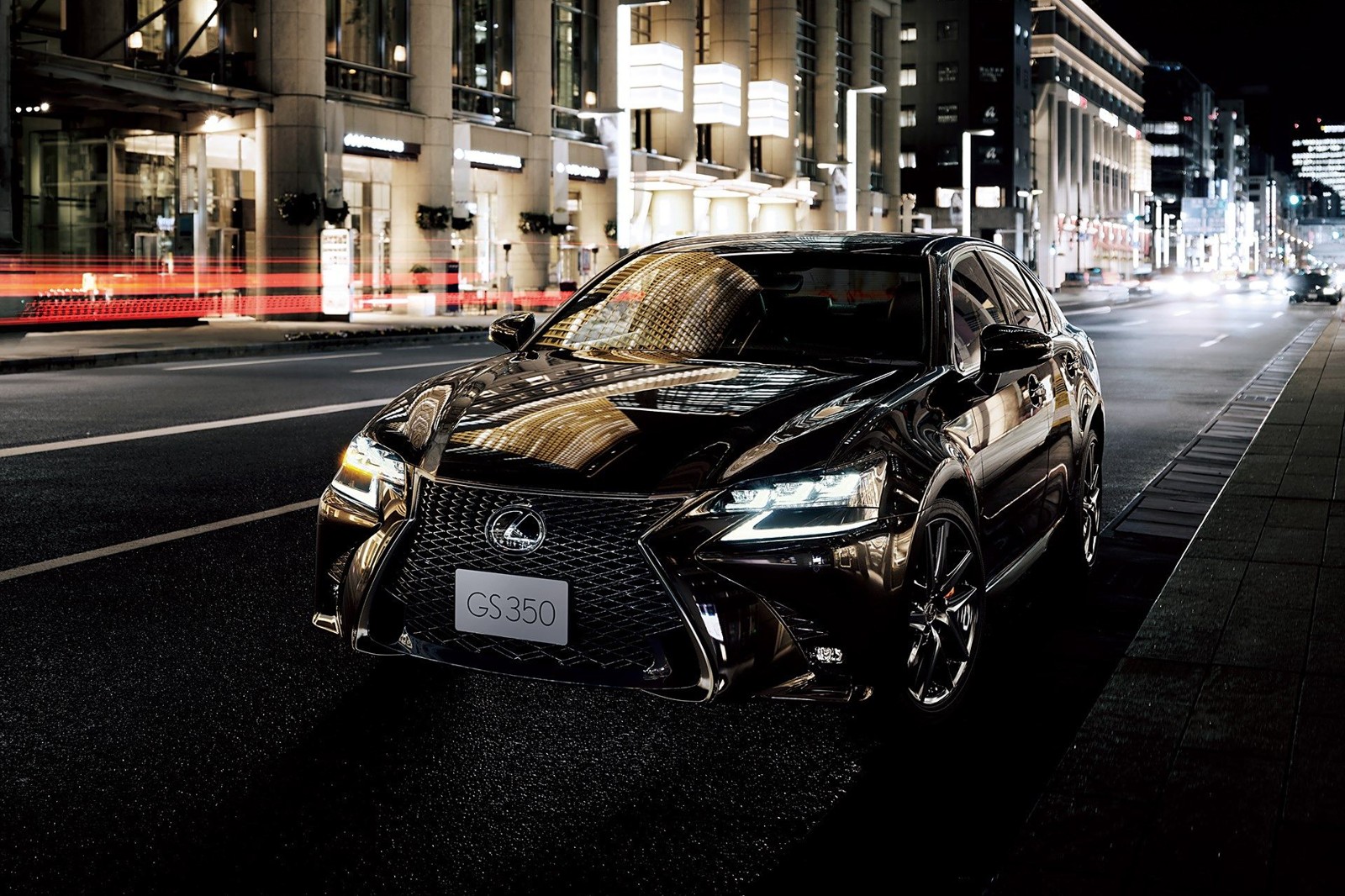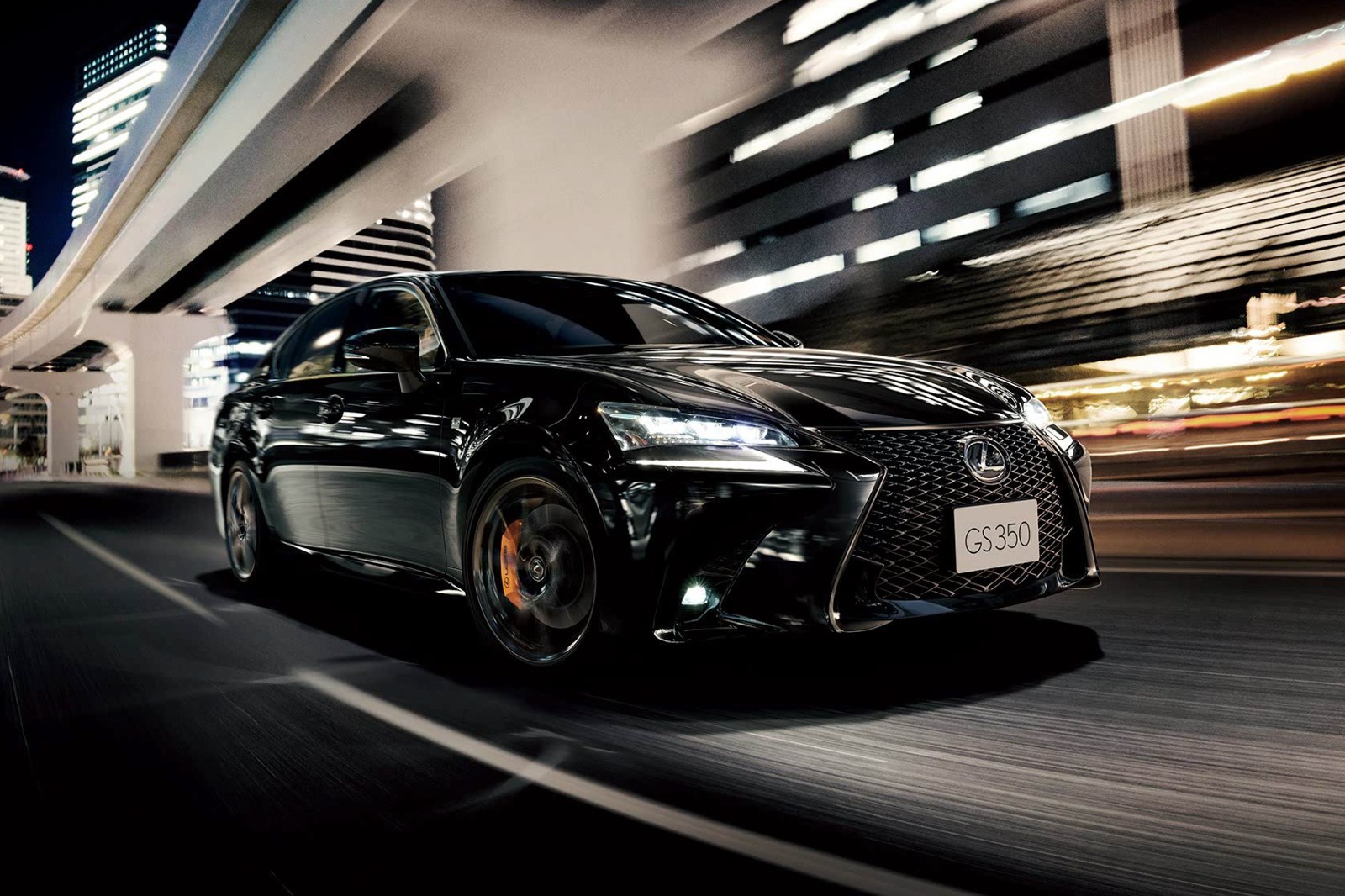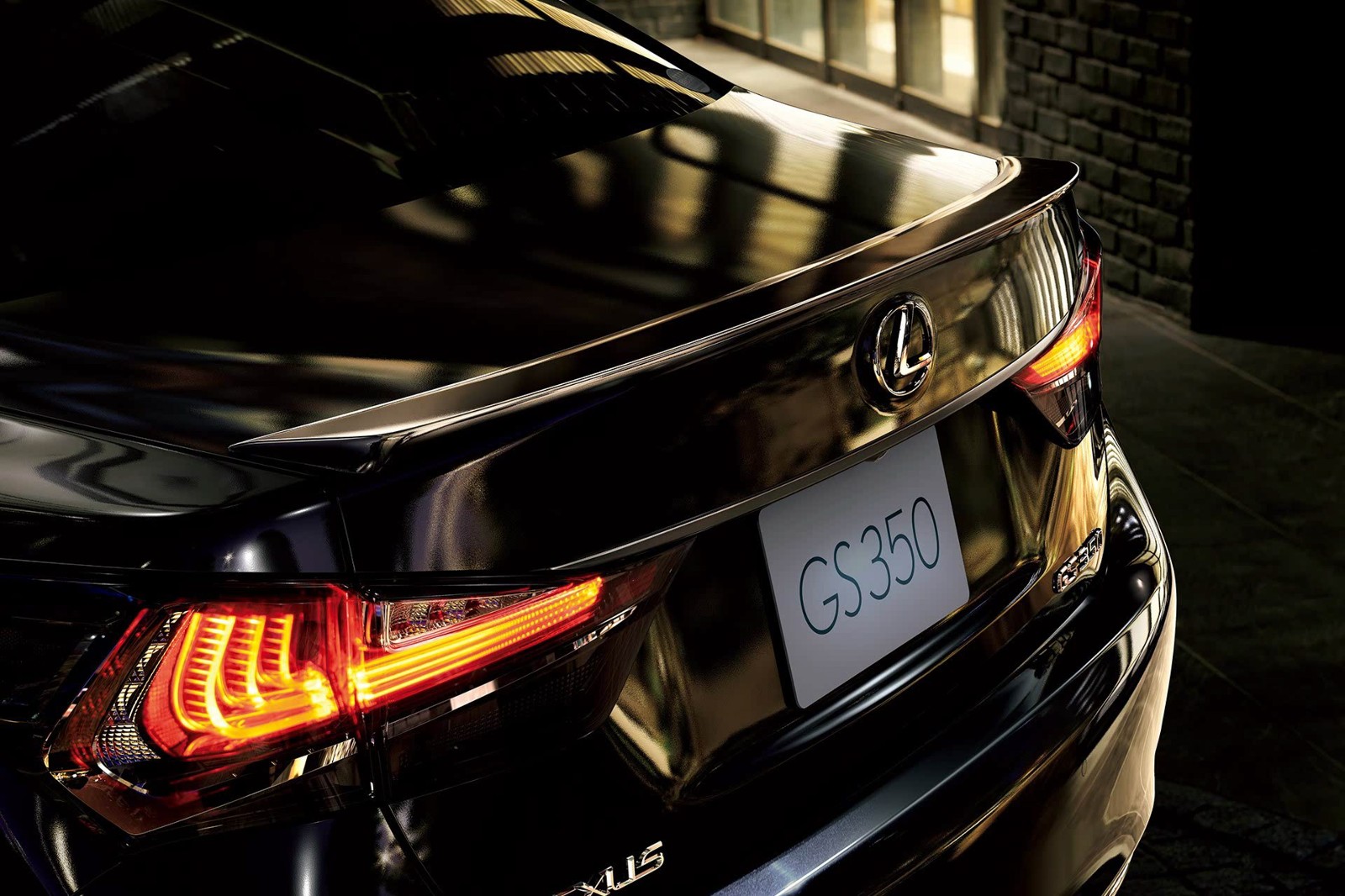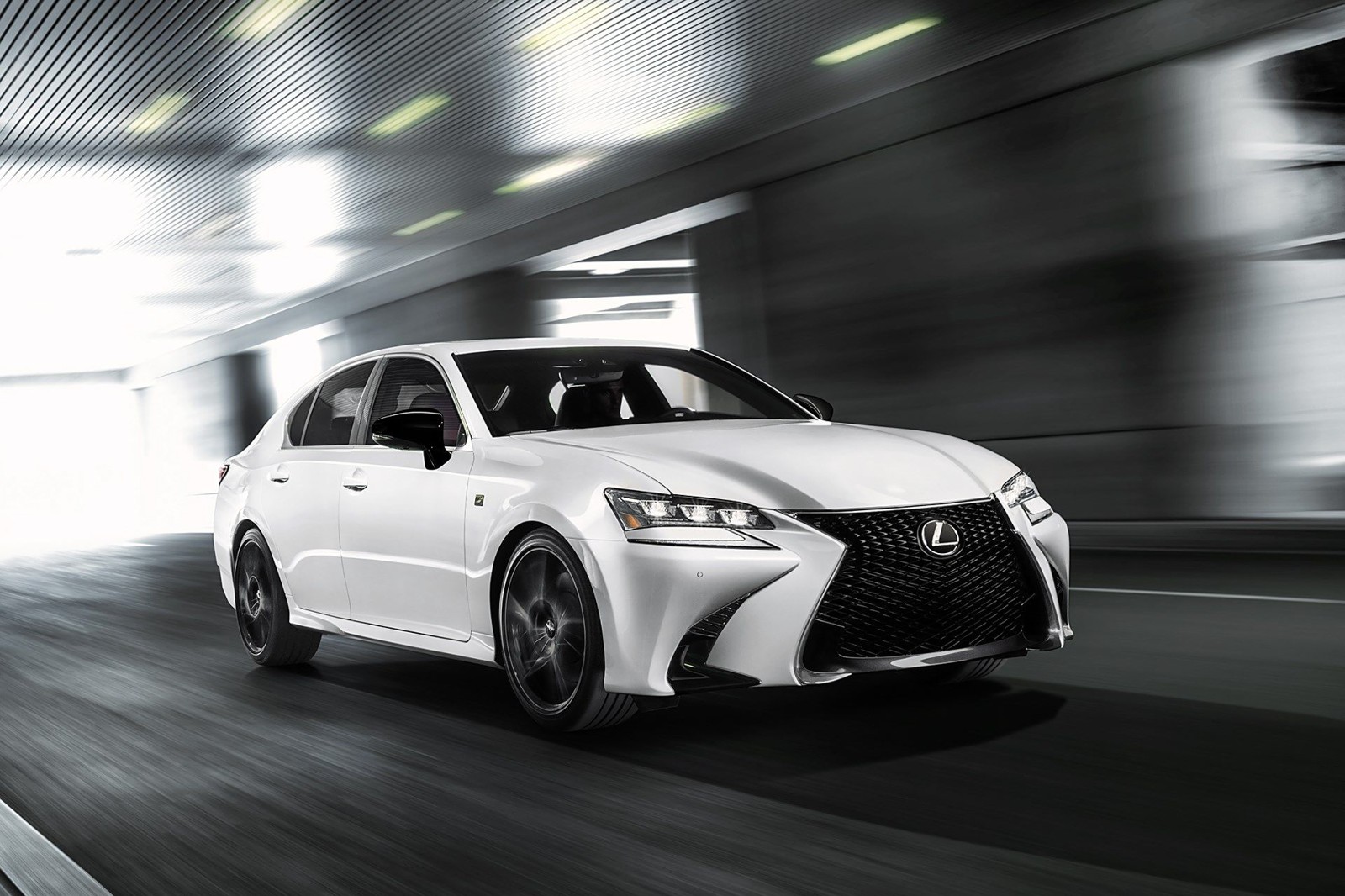Q
How much oil does a 2020 Lexus LC 500 take?
The 2020 Lexus LC 500 has an oil capacity of approximately 8.2 liters, including the oil filter. It's recommended to use fully synthetic oil with a viscosity grade of 0W-20. This low-viscosity oil performs better in high-temperature climates and also helps improve fuel efficiency. Regular oil changes are crucial for maintaining the performance of that V8 naturally aspirated engine – typically every 10,000 kilometers or 12 months, but you should check the owner's manual for the exact interval. Keep in mind, if you often drive aggressively or in dusty conditions, you might want to shorten that oil change period a bit. When picking oil, aim for products with API SN or ILSAC GF-5 certifications; they offer more comprehensive engine protection. Also, it's a good idea to replace the oil filter when changing the oil to ensure proper filtration. The LC 500's oil filter is positioned for easy access, but if you're doing it yourself, watch the torque specs – over-tightening can damage the oil pan threads. If you're not familiar with the maintenance process, it's best to head to an authorized service center. They'll also check the condition of other key fluids like coolant and brake fluid while they're at it.
Q
What is the 0 60 time for the 2020 Lexus LC 500?
The 2020 Lexus LC 500 clocks in at around 4.7 seconds for the 0-60 mph (approximately 0-96 km/h) sprint. This luxury GT coupe packs a 5.0-liter naturally aspirated V8 engine, cranking out 471 horsepower and 540 Nm of peak torque, mated to a 10-speed automatic transmission. The rear-wheel-drive setup delivers smooth, linear power delivery. The beauty of a naturally aspirated engine is that it unleashes strong power at high revs, along with a richer, more throaty exhaust note—perfect for drivers who crave genuine driving fun. While the LC 500’s acceleration might not be as blistering as some turbocharged rivals, its smoothness and responsiveness are where the naturally aspirated engine truly shines. On top of that, it comes with adaptive suspension and rear-wheel steering, taking handling stability up a notch. If you’re into a GT that blends luxury and sportiness, the LC 500 is a solid pick. Its interior craftsmanship and comfort features live up to Lexus’s usual high standards, making it a great companion for long drives with excellent ride comfort.
Q
Is 2020 a good year for Lexus?
2020 was a pretty solid year for Lexus, especially in the luxury car market where the brand kept up its strong competitiveness thanks to its reliability and high quality. That year, Lexus rolled out several updated models, like the new RX and ES series, which got noticeable upgrades in design, tech features, and comfort. The safety system, in particular, was upgraded to Lexus Safety System+ 2.0, adding more active safety functions—super useful for consumers who care about family cars. Plus, hybrid models like the RX450h and ES300h were popular too; they not only had great fuel economy but also fit with the eco-friendly trend. Lexus still had really high used car retention rates in 2020, which is a big plus for owners planning to keep their cars long-term. If you're thinking about buying a luxury car, the 2020 Lexus models are worth checking out, especially since their hybrid tech and after-sales service reputation have always been strong, able to handle both daily driving and long road trips.
Q
What is the maintenance cost for a Lexus 2020?
The maintenance costs for a 2020 Lexus depend on the specific model and mileage driven. Generally, routine services like oil changes and filter replacements run around RM600 to RM1,000 per visit, while major services such as transmission fluid replacement and brake system inspections can cost between RM1,500 and RM3,000. As a luxury brand, Lexus maintenance fees are relatively high, but thanks to Toyota Group's parts-sharing strategy, some repair costs are more affordable compared to European competitors in the same class. It's advisable for owners to follow the official maintenance schedule (typically every 10,000 kilometers or 6 months), as this not only extends the vehicle's lifespan but also helps avoid expensive repairs caused by delayed servicing. Notably, Lexus has a well-established local dealer network, and factory-provided maintenance packages often include free inspections and warranty services, which can save on additional expenses in the long run. Hybrid models also require special attention to regular battery system checks; although the battery pack usually comes with an 8-year warranty, proper maintenance can further extend its service life. If looking to control costs, reputable third-party repair shops are an option, but it's crucial to use genuine or certified parts to avoid affecting warranty coverage.
Q
How much is insurance for a 2020 Lexus?
The insurance cost for a 2020 Lexus varies depending on factors like the model, engine displacement, owner's age, driving record, and coverage. Generally, a midsize sedan like the ES 250 might run around RM2,500 to RM4,000 annually, while an SUV such as the RX 350 could be a bit higher, roughly RM3,000 to RM4,500. For accurate pricing, you’ll need to check with insurance companies directly. Insurance calculations typically include third-party liability, comprehensive insurance, and add-ons like natural disaster or theft coverage. It’s a good idea to compare quotes and terms from different insurers to find the best fit for your needs. Also, as a luxury brand, Lexus parts and repair costs are relatively high, which is part of why insurance is a bit pricier. But its reliability and safety features offer better protection for owners, potentially reducing long-term unexpected repair expenses.
Q
What is the resale value of a 2020 Lexus?
The residual value of a used 2020 Lexus depends on factors like the specific model, mileage, condition, and trim level. Generally, popular models such as the ES, RX, or NX hold their value well—after three years, they typically retain about 60% to 70% of their original price. Higher-end models like the LS or LC might depreciate a bit more, usually around 50% to 60%. Lexus is known for reliability and low maintenance costs, which helps keep resale values strong, especially for vehicles with complete regular service records. Hybrid models are also in demand locally because their fuel efficiency aligns better with long-term driving needs. For a more accurate estimate, check transaction data on local used car platforms or consult professional appraisal services. It’s also a good idea to thoroughly clean the vehicle and handle minor repairs before selling to boost the asking price. Keep in mind that used car prices can fluctuate based on market supply and demand, as well as new car promotions, so the actual selling price might vary.
Q
Does the 2020 LC 500 have a back seat?
The 2020 Lexus LC 500 is a high-performance luxury GT coupe that prioritizes driving enjoyment and elegant styling. That's why it features a two-door, four-seat layout. While technically equipped with rear seats, the actual space back there is pretty tight—adults will find legroom and headroom cramped, making it better suited for storing personal items or fitting a child safety seat. Powering this beauty is a 5.0-liter naturally aspirated V8 engine paired with a 10-speed automatic transmission, emphasizing linear power delivery and refined driving feel. The interior uses premium leather and aluminum trim, really upping the luxury ante. For folks who love long drives but occasionally need to carry passengers, the LC 500's rear seats work in a pinch. But if you regularly need to haul four people, you might want to check out a roomier four-door coupe or luxury sedan. Lexus has a solid after-sales service network in the local market, and owners get access to exclusive brand maintenance programs. These kinds of GT cars are typically for consumers who value personality and a top-notch driving experience.
Q
How much horsepower does the LC500 have in 2020?
The 2020 Lexus LC500 is powered by a 5.0-liter naturally aspirated V8 engine, churning out 471 horsepower and 540 Nm of peak torque. Mated to a 10-speed automatic transmission, it delivers smooth yet robust performance. This engine features Lexus' advanced D-4S fuel injection technology, combining Atkinson and Otto cycles to optimize fuel efficiency without sacrificing high-performance output. As a luxury GT sports car, the LC500 isn't just about raw power—it also prioritizes driving comfort and exquisite interior design, making it ideal for long journeys. The linear power delivery of the naturally aspirated engine and the unique V8 soundtrack are major draws too. Compared to turbocharged models, it offers more immediate throttle response and a purer driving experience. If you're into high-performance naturally aspirated engines, the LC500 is definitely worth considering—it strikes a fantastic balance between luxury and sporty performance.
Q
How many miles per gallon does a 2020 Lexus LC 500 get?
The 2020 Lexus LC 500 has a combined fuel economy of around 19 miles per gallon (mpg), with approximately 16 mpg in the city and 25 mpg on the highway. Actual figures may vary slightly depending on driving habits and road conditions. Under the hood, it's powered by a 5.0-liter naturally aspirated V8 engine that delivers a robust 471 horsepower. While fuel efficiency isn't its strongest suit, it's a solid pick for drivers who want a mix of performance and luxury. Lexus has thrown in lightweight materials and aerodynamic tweaks to help boost fuel efficiency a bit, all while serving up a great driving feel and top-notch interior craftsmanship. If you're really big on gas mileage, the hybrid LC 500h is worth a look—it pairs a 3.5-liter V6 with an electric motor for better fuel economy. Whether you go for the LC 500 or the LC 500h, Lexus has a solid reputation for reliability and comfort, making either one a good fit for folks who want both luxury and driving fun.
Q
What engine is in the 2020 Lexus LC 500?
The 2020 Lexus LC 500 is powered by a 5.0-liter naturally aspirated V8 engine, codenamed 2UR-GSE. This engine features the D-4S dual fuel injection system, combining direct injection and port injection, churning out 471 horsepower (351 kilowatts) and a peak torque of 540 Nm. Mated to a 10-speed automatic transmission, it delivers linear yet robust power. Renowned for its strong high-rev performance and deep, throaty exhaust note, this V8 stays true to Lexus' commitment to naturally aspirated engines, making it a perfect fit for drivers who crave genuine driving pleasure. Notably, the LC 500 comes with rear-wheel drive and offers an optional Dynamic Rear Steering system, further enhancing handling agility. For enthusiasts of high-performance coupes, the LC 500's V8 isn't just a showcase of Lexus' craftsmanship in traditional powertrains; it's also one of the few remaining models in its class to stick with a large-displacement naturally aspirated engine. Plus, its reliable durability and low failure rate live up to the brand's usual high standards.





















